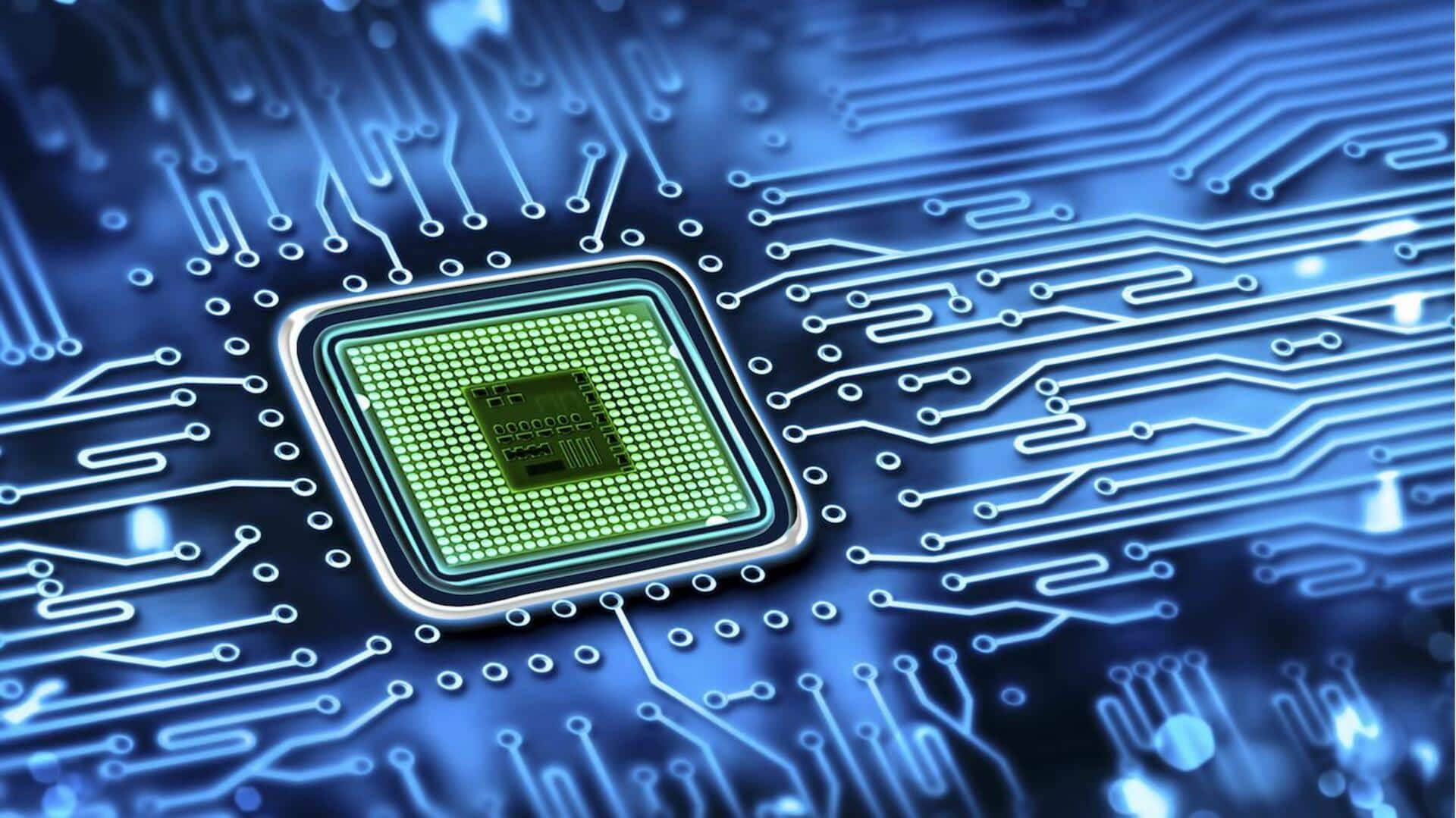
ISRO and IIT-Madras develop indigenous chip for space applications
What's the story
In a major step toward self-reliance in semiconductor technology, the Indian Space Research Organisation (ISRO) and the Indian Institute of Technology Madras (IIT-Madras) have developed an indigenous semiconductor chip. The chip, dubbed 'IRIS' (Indigenous RISCV Controller for Space Applications), is a state-of-the-art chip that can be used in Internet of Things (IoT) and compute systems. It was manufactured at SCL, Chandigarh and packaged at Tata Advanced Systems, Karnataka.
Twitter Post
IRIS is a breakthrough in India's self-reliance in space tech
@iitmadras & @isro successfully developed and booted an aerospace-grade, SHAKTI-based semiconductor chip (@ShaktiProcessor) —a breakthrough in India’s self-reliance in space tech!
— IIT Madras (@iitmadras) February 11, 2025
This Made-in-India processor was:
🔹 Designed & tested by IIT Madras
🔹 Developed with ISRO… pic.twitter.com/Sit9pQP566
Joint effort
IRIS chip: A product of collaborative innovation
The IRIS chip has been developed as a joint effort of ISRO's Inertial Systems Unit (IISU) in Thiruvananthapuram and IIT-Madras. The teams collaborated to define the specifications and design the semiconductor chip, making sure it fulfills functional and computing requirements for sensors and systems used in ISRO missions. To improve reliability, fault-tolerant internal memories were integrated with the SHAKTI core. SHAKTI is an open-source initiative by IIT-Madras aimed at developing industrial-grade processors based on RISC-V architecture.
Advanced integration
IRIS chip features and testing
The IRIS chip features custom functional and peripheral interface modules employed in space systems, including CORDIC, WATCHDOG Timers, and advanced serial busses. These capabilities were integrated with provisions for expandability to future missions. The design was subjected to rigorous software and hardware testing to ensure its reliability and performance across various applications.
National achievement
IRIS chip: A testament to India's semiconductor expertise
Professor V Kamakoti, Director of IIT-Madras, emphasized that the whole process of chip design, fabrication, packaging, motherboard design and fabrication, assembly, software development and booting happened in India. ISRO Chairman Dr. V Narayanan said he was pleased with the successful end-to-end development of the IRIS Controller using Indian resources. He also revealed plans to flight test a product based on this controller soon.
Future prospects
IRIS chip: A milestone in India's semiconductor journey
Backed by the Ministry of Electronics and Information Technology, the project falls under the 'Digital India RISC-V' initiative (DIRV), promoting indigenous development of microprocessor-based products with best-in-class security and visibility for users adopting RISC-V technology. The SHAKTI microprocessor project was led by V Kamakoti at Prathap Subrahmanyam Centre for Digital Intelligence and Secure Hardware Architecture in the Department of Computer Science and Engineering, IIT-Madras.